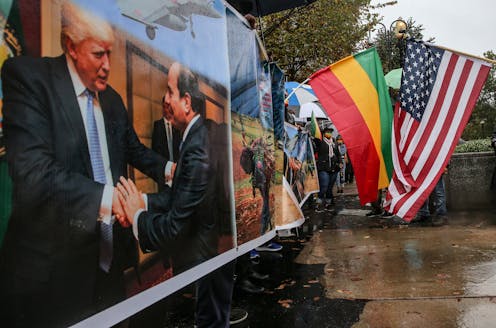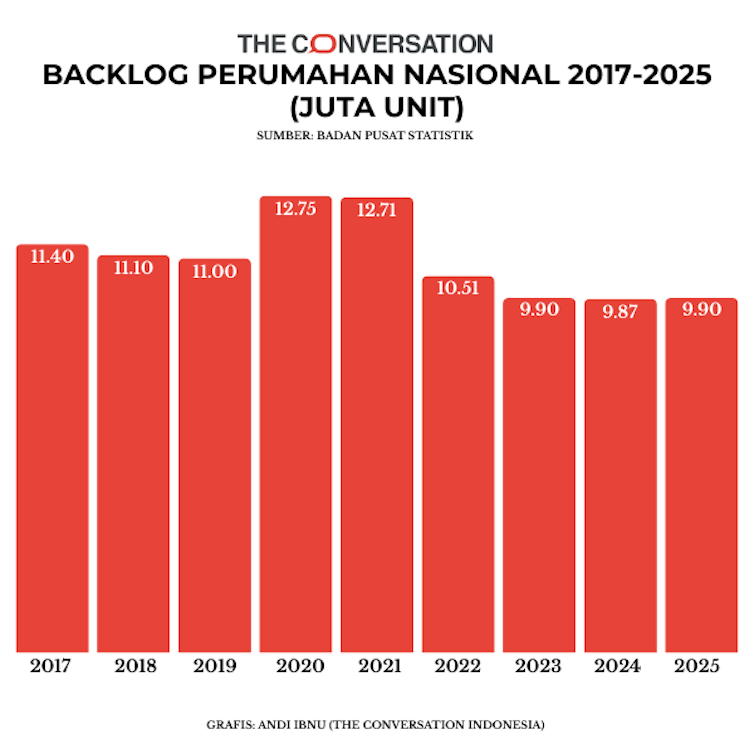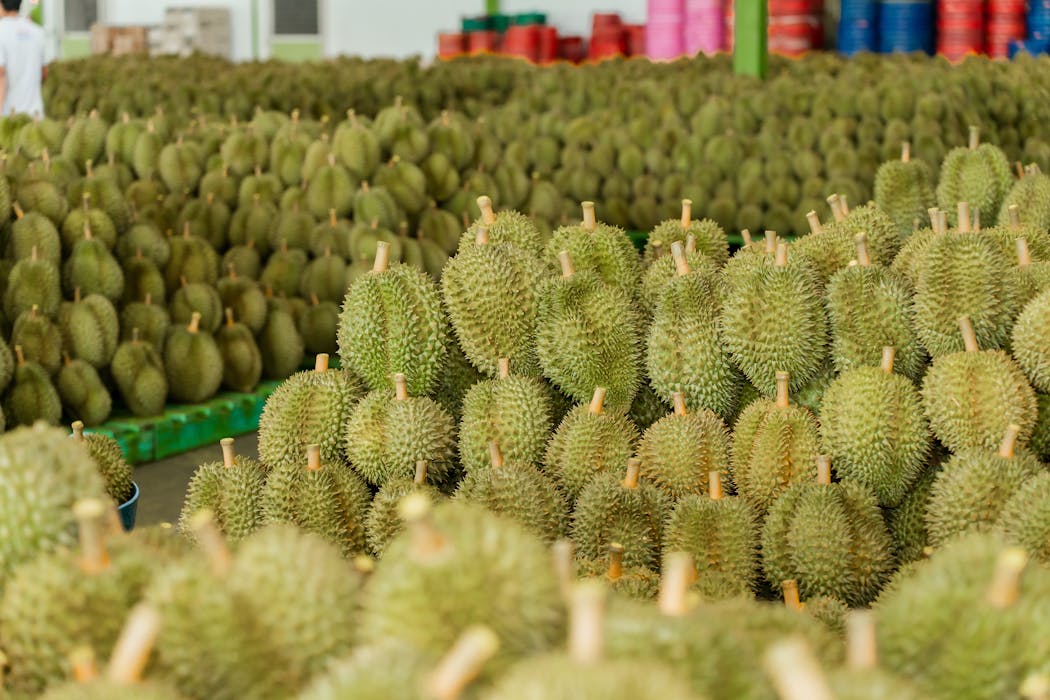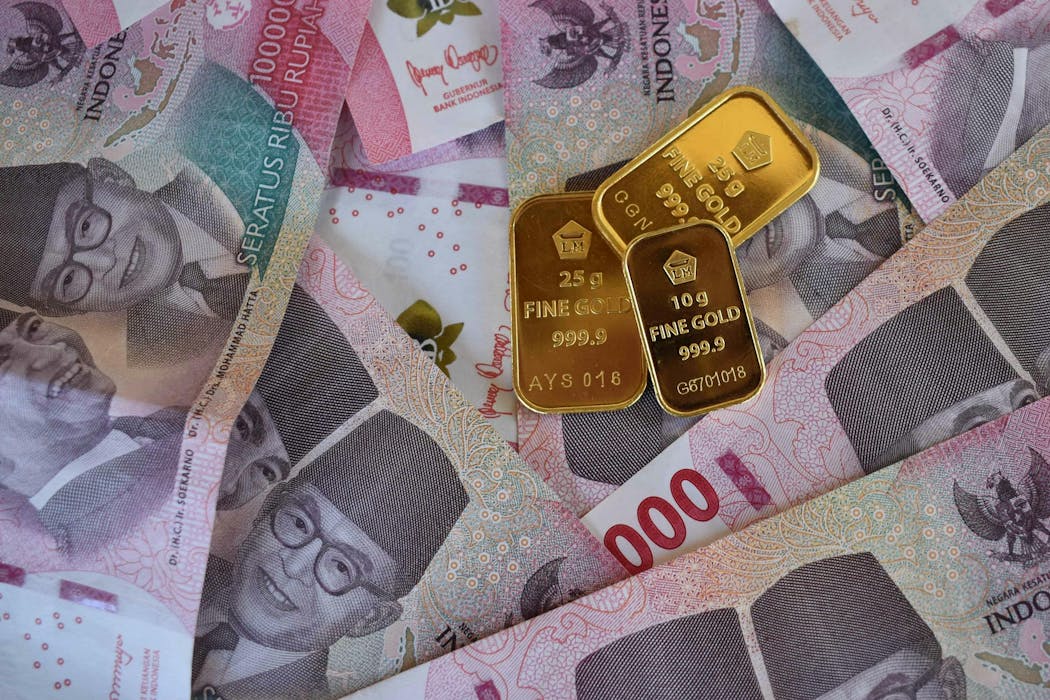Trump’s dip into the Nile waters dispute didn’t settle the conflict – in fact, it may have caused more ripples
- Written by Fred H. Lawson, Professor of Government Emeritus, Northeastern University

President Donald Trump chided the United Nations on Sept. 23, 2025, for failing to resolve dangerous international conflicts around the world. “All they seem to do,” he groused during his address to the General Assembly in New York[1], “is write a really strongly worded letter and then never follow that letter up. It’s empty words, and empty words don’t solve war.”
In contrast, Trump, by his own estimation, has ended a half-dozen serious international conflicts[2]. Among them is the long-standing dispute over the Nile River waters[3] that flared up when Ethiopia proposed to build a massive dam over the Blue Nile, threatening the water supply of Egypt and Sudan.
As an international relations scholar who has studied this dispute[4], however, I find it hard to see how Trump’s interventions have brought it any closer to a resolution. In fact, they most likely made things worse.
The source of the dispute
Nile River water is essential to agriculture and public sanitation[5] in both Egypt and Sudan. Distribution of that water has been regulated by an agreement drawn up in 1959 guaranteeing Egypt and Sudan most of the output of the Nile River basin[6]. A body of international law[7] also enjoins upstream nations – such as Ethiopia – against manipulating the cross-border flow of rivers in ways that harm downstream countries.
Ethiopia nonetheless declared in 2011 that it had the right to exploit any water resources[8] that originate inside its borders. It further insisted that constructing an electricity-generating dam across the Blue Nile would provide cheap power to both impoverished Ethiopians and neighboring countries.
Egypt and Sudan immediately protested[9] on the grounds that the project would inflict severe damage on their populations and implored international organizations and external powers to intervene.
Ambiguous wording
Trump waded into the Nile dispute at the urging of Egypt. Cairo approached Washington to mediate in late October 2019, as Ethiopia was ramping up construction of the Grand Ethiopian Renaissance Dam[10] that would restrict the flow of the Blue Nile. After speaking personally with Egypt President Abdel Fattah el-Sissi, Trump agreed to become directly involved.
He and then-Secretary of the Treasury Steven Mnuchin invited the foreign ministers of Egypt, Sudan and Ethiopia[11] to Washington for talks.
With the opening session of the ensuing November 2019 meeting still ongoing, Trump tweeted[12]: “The meeting went well and discussions will continue during the day!”
The talks, however, ended with no progress being made. Instead, all four parties, along with representatives of the World Bank, agreed to confer a dozen more times over the next three months to hash out technical matters.
At these subsequent meetings, Egypt and Ethiopia haggled over definitions and measurement criteria concerning the dam’s possible impact. Mnuchin and his staff largely stood aside, although they reportedly expressed sympathy[13] for Addis Ababa’s insistence that matters concerning the Grand Ethiopian Renaissance Dam be kept separate from questions concerning water management in the Nile Basin as a whole.
More importantly, U.S. representatives allowed imprecise wording to slip into the statement released[14] at the close of the December 2019 meeting.
The statement mandated that “the implementation of these technical rules and guidelines for the filling and operation of the dam will be undertaken by Ethiopia, and may be adjusted by the three countries.”
Cairo interpreted this to mean that all regulations and procedures would be drawn up jointly; Addis Ababa believed that it enshrined[15] Ethiopia’s right to make decisions entirely on its own.
Talks blow up
The final round of talks in January 2020[16] produced a prospective agreement that left Ethiopia free to start filling the huge reservoir behind the dam, and minimized the country’s obligations to assist Egypt and Sudan during drought periods.
Yet, Ethiopia dragged its feet[17] in accepting the draft document, claiming that crucial points remained unsettled. Egypt and Sudan flatly refused to revisit problems they believed had already been addressed, but did accept an offer from U.S. Treasury officials to prepare a revised text.
In February 2020, the U.S. Treasury Department circulated an amended version, and Trump telephoned al-Sissi to express hope[18] that “an agreement would be finalized soon.”
Ethiopia, feeling pressured by Egypt and the U.S. to endorse an incomplete text – and worried about the domestic political consequences of doing so – did not send a representative[19] to Washington to accept the revision. Treasury officials then declared that a comprehensive settlement to the dispute had now been reached and publicly called on Addis Ababa to sign it.
Egypt’s foreign ministry issued a statement asserting[20] that “President Trump affirmed the U.S. administration’s continued efforts” to reach an acceptable deal. But Ethiopia’s foreign minister described Washington’s abrupt declaration[21] as “undiplomatic.”
Ethiopia stalled for another two months, then circulated a provisional agreement of its own[22], which Egypt and Sudan dismissed out of hand.
Washington responded with insinuations that it would withhold economic assistance from Ethiopia unless Addis Ababa signed the agreement the Treasury Department had drafted in February 2020. Meanwhile, construction on the dam proceeded, and in July Ethiopia blocked the flow of the Blue Nile to begin filling its huge reservoir.
In September 2020, then-Secretary of State Mike Pompeo followed through on the U.S. threat and suspended US$130 million of aid[23] to Ethiopia. However, the suspension had no impact on negotiations.
Incensed at the continuing impasse, Trump in October 2020 remarked during a telephone call with Sudanese and Israeli diplomats[24] that Egypt “will end up blowing up the dam.”
Ethiopian officials condemned the outburst. The prime minister’s office complained[25] that “these threats and affronts to Ethiopian sovereignty are misguided, unproductive and clear violations of international law.” Ethiopia installed anti-aircraft batteries around the dam and declared the airspace above it a no-fly zone.
Negotiations collapsed, and they remained dormant for the next three years.
Assessing the impact of US mediation
Analysts tend to agree that[27] Trump’s initial involvement in the Nile River dispute made a bad situation worse[28]. His admiration for authoritarian leaders[29] prompted him to accommodate Egypt’s al-Sissi and put U.S. credibility on the line.
Meanwhile, Trump’s contempt for the professionals in the U.S. State Department led him to sideline the diplomatic corps and entrust a complicated assignment to Mnuchin, a former financier and movie producer. And his lack of patience and blunt language disrupted the negotiations, alienating Egypt and Ethiopia[30] alike.
Addis Ababa continues to insist[31] that it “has no obligation to request permission from anyone to fill the Renaissance Dam.” In September 2025, Prime Minister Abiy Ahmed declared that work on the dam had finished and boasted of two other dams on the Blue Nile nearing completion.
Meanwhile, Egypt has opened a large naval base on the Red Sea coast and attached its most advanced warships to a newly created Red Sea squadron. In July 2025, Egypt Foreign Minister Badr Abdelatty issued a veiled threat to use military means[32] to settle the Nile dispute.
Despite rising tensions, and his first administration’s failure to make progress on the issue, Trump continues to point to his 2019-2020 mediation as a success.
In July 2025, he told NATO Secretary General Mark Rutte that a resolution lay just around the corner[33]. President al-Sissi once again applauded the president’s involvement and voiced hope that it would produce a “just agreement[34].”
Yet there is little indication that the current Trump administration is in any better position to solve the Nile River dispute than was the previous one. Since Trump’s second inauguration, experienced State Department officials have been fired or resigned[35], leaving sensitive diplomatic missions in the hands of private businesspeople with personal ties to the president, rather than diplomats skilled in the art of negotiating intractable disputes among sovereign states.
This development seems unlikely to budge Trump from the conviction that he has already solved the conflict over the Nile River waters – and can somehow do it again.
References
- ^ his address to the General Assembly in New York (www.whitehouse.gov)
- ^ ended a half-dozen serious international conflicts (www.cbsnews.com)
- ^ dispute over the Nile River waters (carnegieendowment.org)
- ^ international relations scholar who has studied this dispute (scholar.google.com)
- ^ essential to agriculture and public sanitation (education.nationalgeographic.org)
- ^ most of the output of the Nile River basin (doi.org)
- ^ body of international law (doi.org)
- ^ right to exploit any water resources (issafrica.org)
- ^ immediately protested (www.brookings.edu)
- ^ Grand Ethiopian Renaissance Dam (www.hydropower.org)
- ^ invited the foreign ministers of Egypt, Sudan and Ethiopia (www.aljazeera.com)
- ^ Trump tweeted (www.aljazeera.com)
- ^ reportedly expressed sympathy (www.madamasr.com)
- ^ statement released (ethiopianembassy.org)
- ^ believed that it enshrined (doi.org)
- ^ final round of talks in January 2020 (www.aljazeera.com)
- ^ dragged its feet (www.al-monitor.com)
- ^ Trump telephoned al-Sissi to express hope (ethiopanorama.com)
- ^ did not send a representative (apnews.com)
- ^ issued a statement asserting (www.middleeastmonitor.com)
- ^ described Washington’s abrupt declaration (www.france24.com)
- ^ circulated a provisional agreement of its own (english.ahram.org.eg)
- ^ suspended US$130 million of aid (halifax.citynews.ca)
- ^ remarked during a telephone call with Sudanese and Israeli diplomats (apnews.com)
- ^ prime minister’s office complained (ethiopianembassy.org)
- ^ AP Photo/Evan Vucci (newsroom.ap.org)
- ^ tend to agree that (www.washingtonpost.com)
- ^ made a bad situation worse (www.bbc.com)
- ^ admiration for authoritarian leaders (www.politico.com)
- ^ alienating Egypt and Ethiopia (english.ahram.org.eg)
- ^ continues to insist (theeastafricandaily.com)
- ^ veiled threat to use military means (www.newarab.com)
- ^ resolution lay just around the corner (www.thenationalnews.com)
- ^ would produce a “just agreement (english.ahram.org.eg)
- ^ State Department officials have been fired or resigned (www.politico.com)
Authors: Fred H. Lawson, Professor of Government Emeritus, Northeastern University





